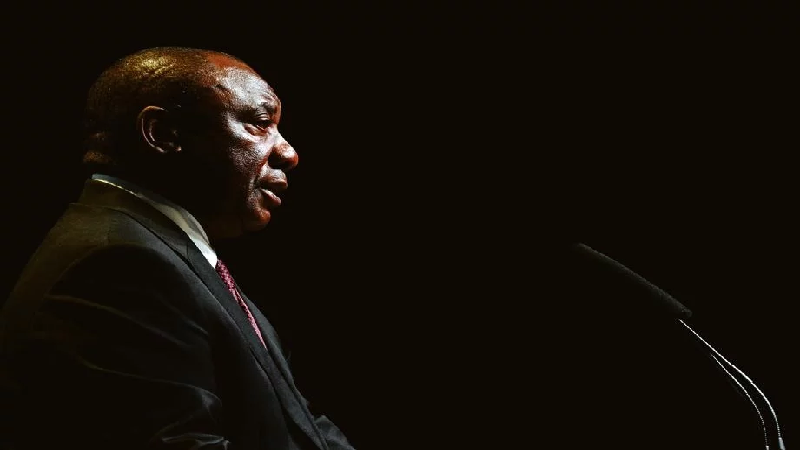An exposé into the donors of the CR17 presidential campaign ahead of the 2017 ANC national conference has prompted questions on how the differing interests of the right to privacy and transparency clash with regards to Cyril Ramaphosa as president and South African citizen.
Ramaphosa has been under fire since it emerged that Gavin Watson, the chief of tainted services firm African Global Operations (formerly known as Bosasa), donated R500 000 to his campaign.
This and other transactions were probed by Public Protector Busisiwe Mkhwebane’s office, which found Ramaphosa had misled Parliament when asked about the donation earlier this year. She also raised questions about possible money laundering.
The Sunday Independent reported on a list of prominent businesspeople whom the publication claims donated money to the campaign. The newspaper claimed it had determined the identity of the donors from financial statements and the campaign fund’s email records.
Mkhwebane filed court papers in a bid to release all the records used in her CR17 probe on Thursday.
Last Thursday, the president’s lawyers wrote to Gauteng Deputy Judge President Aubrey Ledwaba requesting that some banking information be kept private from the public as it contained confidential third party details. At the same time, Ramaphosa claims the Public Protector obtained some of the financial statements unlawfully.
Mkhwebane’s office has consistently maintained its investigation is above board.
Public Protector spokesperson Oupa Segalwe told News24 Mkhwebane took “serious exception to insinuations by the attorneys of the president as well as Presidency in media statements that she obtained information illegally and as they say that to the public, they are not providing any evidence to back up those statements”.
ALSO READ: Ramaphosa’s confidential campaign documents to remain private, for now
Is the president afforded the right to privacy?
The director of the Council for the Advancement of the South African Constitution (CASAC), Lawson Naidoo, is of the view the president is afforded the right to privacy, but it cannot be applied in the same manner as an ordinary citizen.
“The president of South Africa definitely has a right to privacy but obviously being a public figure, the right to privacy is not quite the same as applied to ordinary citizens, so you would have to weigh it up in terms of duties and responsibilities in terms of what his office entails,” Naidoo told News24 on Wednesday.
Advocacy group Right2Know (R2K) shared similar sentiments, stating the public should not be deterred by political battles and rather face the facts.
“The fact is, he is a citizen of this country and just like everybody else, he is afforded that right. The bigger question is that if you are subjecting Ramaphosa to such scrutiny regarding the money channelled to his campaign that means let’s subject all political heads/parties to the same standard,” R2K’s Thami Nkosi told News24 on Wednesday.
Nkosi took the comment further by explaining there was a difference between transparency in the government versus internal party politics.
While the internal CR17 campaign is integral in the process of Ramaphosa becoming president of the ANC and in turn president of the country, Nkosi is of the view that this is not the starting point.
“The truth of the matter is that this money was campaigned for internally for an internal leadership position and the party collectively then campaigned for him, meaning they raised funds for him – why are we not questioning that too?
“This is a subjective thing, we as R2K would like every government organ to be transparent because they are elected by the people – therefore people have the right to know how the money is used in government administrations but party politics is a bit different, be careful not to marry these two things,” he explained.
Recent revelations have prompted members of the public to “connect the dots”, with some insinuating that the donors would be rewarded in some form during the sixth administration.
“That is making an assumption that there was impropriety linked to the appointment or the awarding of a contract. I think that is the danger of the territory that we are in, people are prone to making assumptions without having evidence of any wrongdoing,” Naidoo said in response.
Both the Public Protector and the president’s legal teams were expected to meet on Thursday to discuss the president’s request. However, Segalwe indicated the meeting might not happen as the Public Protector’s council was not available.
(Source: News24)






 WhatsApp us
WhatsApp us 

